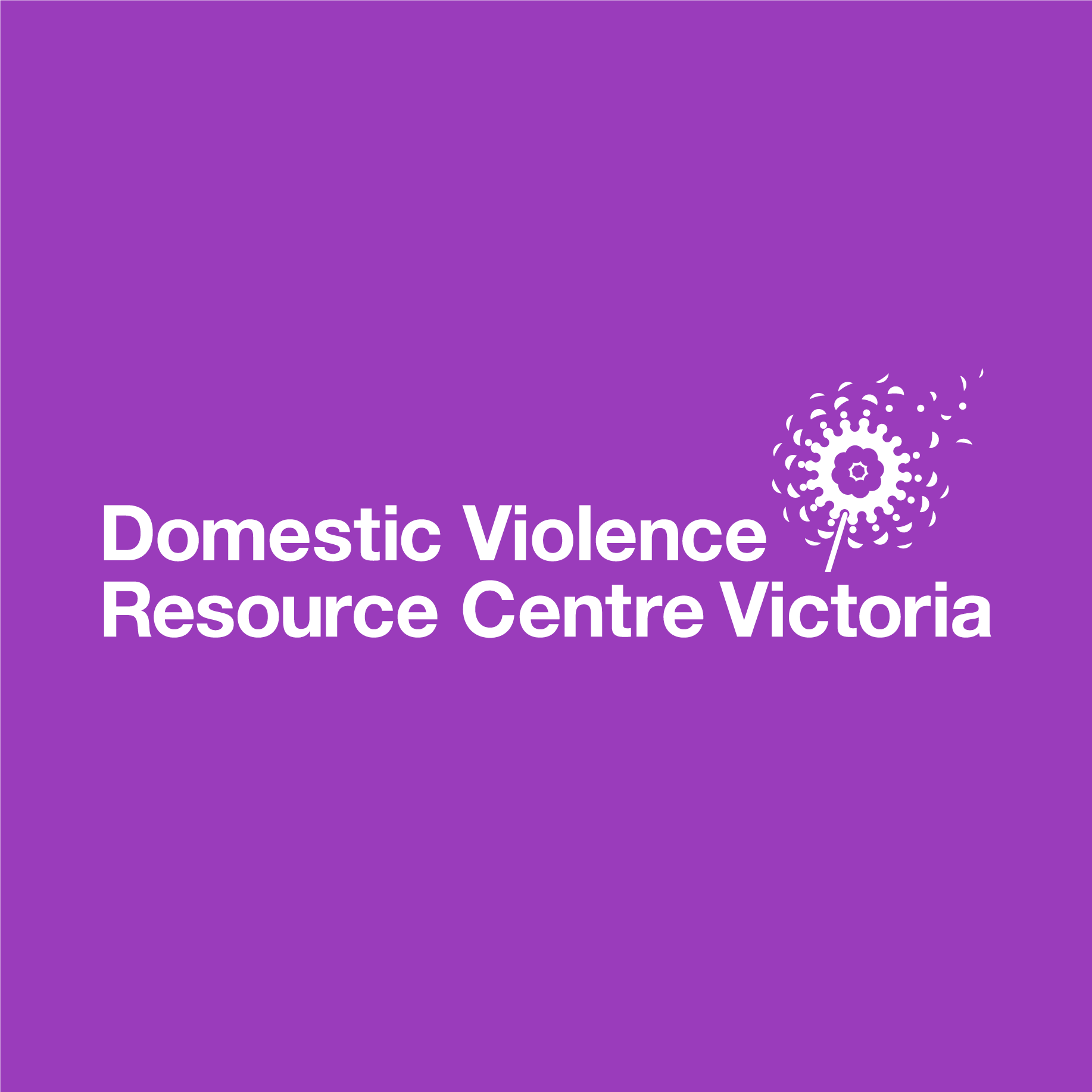The reforms resulting from the recommendations of the Royal Commission into Family Violence are not just about change in one area.
They encompass massive, complex structural change across multiple service systems, multiple government departments and they extend family violence practice into mainstream and universal services, all of which requires considerable cultural change at a system level, an organisational level and a practitioner level.
The scale of such complex reforms requires historically siloed service systems to work in close partnership, and to do that we need time to talk about the knowledge and skills we have developed from our respective practice and theoretical frameworks, our unique perspectives and the experiences of our staff and service users.
The rapid pace of the family violence reforms has meant we haven’t always had time to have the necessary in-depth conversations about risk, safety, and cross-sectoral practice across the range of service providers who are engaged in these reforms.
The article in this issue of the Advocate on the recent Family Violence Protection (Information Sharing) Amendment Act 2017 illustrates how legislative reform can have different implications for many, depending on which sector you work in, so these conversations are vitally important to our effective collaboration.
The focus of any human services specialist, is (rightly) on the safety and wellbeing of the person sitting in front of them, but the ‘client’ will differ from service to service. A holistic approach considers people as part of a family or kinship system that can impact on the services they need.
Specialists in child and family welfare can find it difficult to work with a mother who decides to stay with an abusive partner, as they are keenly aware (as are family violence specialists) of the long-term impacts even witnessing family violence can have on a child’s development.
Specialists in family violence know from experience that a mother who chooses to remain in a violent home may be making the only decision she feels safe and able to, and – despite the violence – she is taking protective actions to ensure the safety and wellbeing of her children as best she can.
“There is enormous value in what specialists from different areas bring to each other, if we collaborate under the vision of what we have in common” said Emily Maguire, CEO of DVRCV.”
There is enormous value in what specialists from family violence, child and family welfare and universal services bring to each other’s practice, if we communicate, collaborate and lead the shared design of practice and advocacy under the vision of what we have in common.
As practitioners, our focus on the women and children we work to protect and support is so strong, and the system is designed in such a way that we can understandably lose sight of the perpetrator. A pivot in focus on perpetrators (and partnering with experts in this area) can ensure we are holding them to account in our judicial systems and therapeutic and behavioural change programs. This will also ensure that our work with women and children is informed by remembering that the harm to victims of all ages is a direct result of a father/partner making a choice to use violence against his partner or child.
Significant reforms such as those proposed by the Royal Commission can be nerve wracking, but they also have the potential to bring us new solutions that will ensure women, children and young people receive the support they need when they need it and that perpetrators are held to account and supported to change.
History suggests this challenge should be met with optimism – collaboration is in our DNA.
We know that individuals and families are multi-faceted and no single service system will meet all their needs. As our article on the Barwon CASA and Minerva Community Services merger demonstrates, overcoming the practical, theoretical and cultural obstacles of combining sexual assault and family violence services under one roof has brought enormous benefits to the women and children they support.
When it comes to partnering with government, we all want to support the government of the day to make the most practice and evidence-informed decision that they can.
Governments can’t be expected to wholly understand the minutiae of daily work in the field. Public servants and ministers require information, evidence and bottom-up sharing of real world information to design and implement these reforms, and this is as vital as the top down support we receive.
“Our advocacy to government at this point may be to ‘make haste slowly’ and heed the guidance of professionals whose knowledge comes from honed practice”
Our advocacy to government at this point may be to ‘make haste slowly’ and heed the guidance of professionals with the deep experience, skills and knowledge that only comes from honed practice in supporting the safety of women and children or long term policy/advocacy leadership in this space.
The Advocate aims to be a platform for collaboration by talking about what is happening within different service systems, giving the opportunity for everyone working within them to have a voice and providing a space for the necessary conversations about how to coordinate our efforts.
Emily Maguire | Chief Executive Officer
Read more of the December 2017 edition of The Advocate
Download this article

